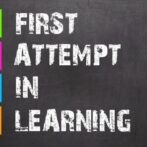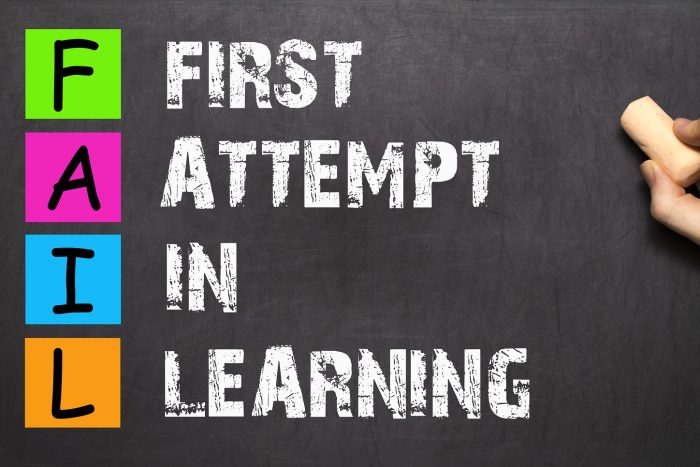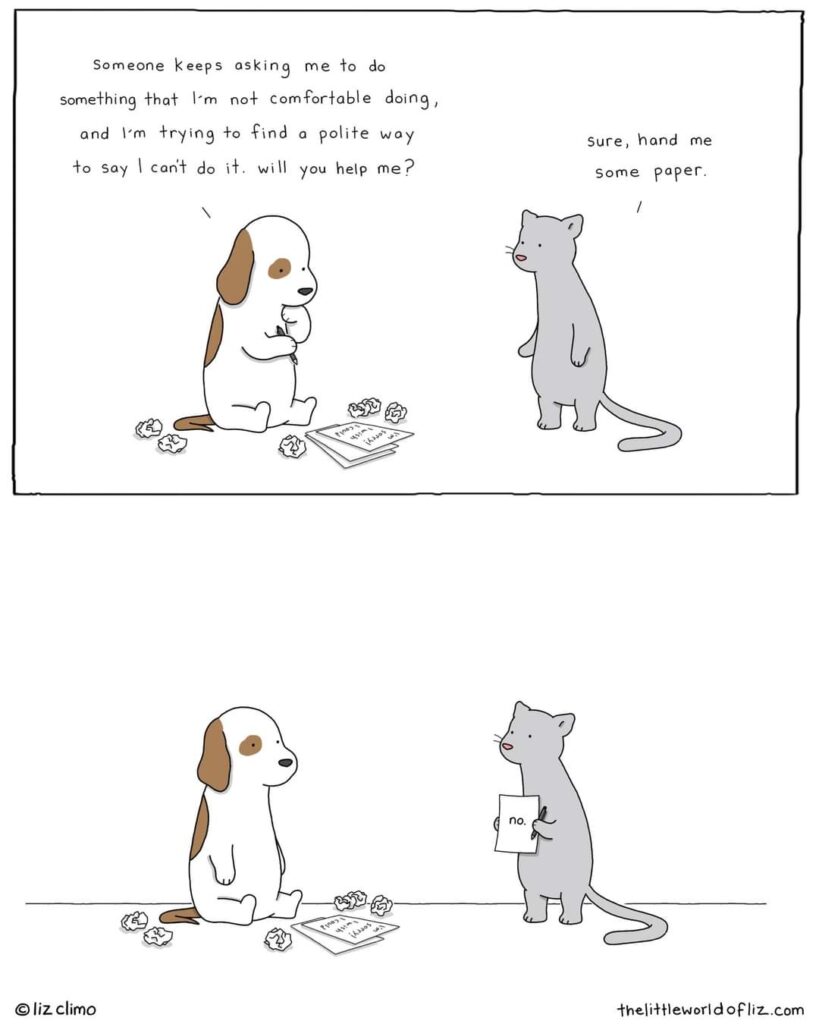Stellar Advice from the Starman
I fell in love with David Bowie in high school. His framed portrait hung in my bedroom; I played my Ziggy Stardust cassette so many times it broke; I read his biography (twice); I saw Labyrinth in the movie theater; and I talked my English teacher into letting me do my senior term paper about him. (I got an A.) So I was thrilled to be in the IMAX theater last week to see the documentary “Moonage Daydream.”
The movie had no narrator except Bowie himself (i.e., excerpts from the interviews he’d done over the decades). And he laid down the wisdom, hitting on some of my favorite themes with this quote:
“If you feel safe in the area you’re working in, you’re not working in the right area. Always go a little further into the water than you feel you’re capable of being in. Go a little bit out of your depth. And when you don’t feel that your feet are quite touching the bottom, you’re just about in the right place to do something exciting.”
David Bowie… Musician. Artist. World Citizen. Starman. Hero. Life Coach.
His life was a work of art. How will you make your life one? How can you be heroic in your own life? What are you doing that’s a little out of your depth and exciting to you?
——–
For more on confidence, courage, and comfort zones, check these out:
https://jenfrankcoaching.com/2015/01/confidence-and-courage/
https://jenfrankcoaching.com/2015/01/confidence-part-2/
https://jenfrankcoaching.com/2016/10/getting-outside-your-comfort-zone/
https://jenfrankcoaching.com/2018/04/career-success-tip-2-get-outside-your-comfort-zone/
p.s. As always, your comments are welcome on this post at https://www.facebook.com/jenfrankcoaching.
Read More








